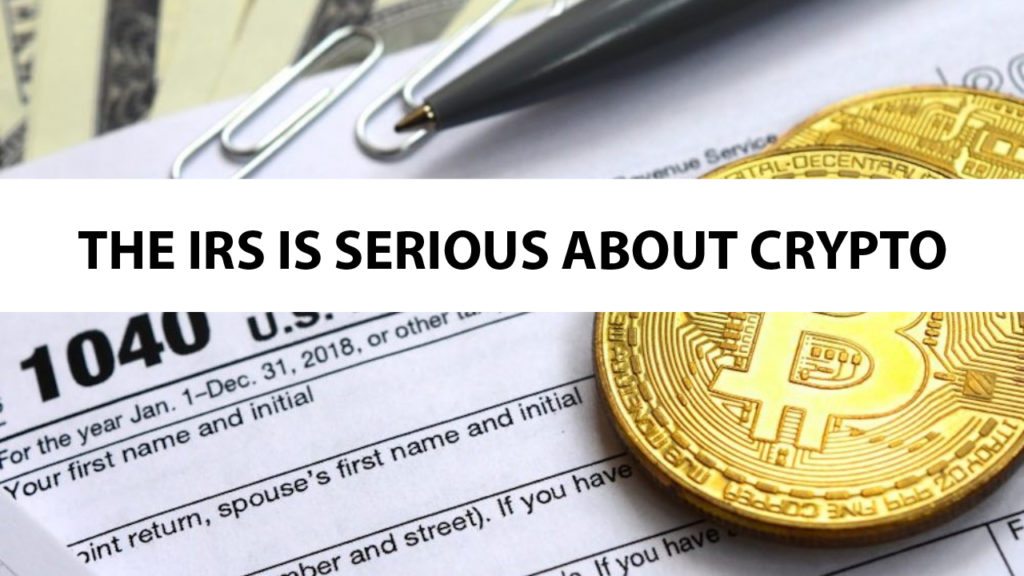The IRS is getting serious about cryptocurrency on 2021 tax returns. And it starts at the very top of your form 1040 and forms 1040-SR asking about any virtual currency transactions you might have made.
All taxpayers filing these forms 1040 and 1040-SR must check the box indicating either “yes” or “no” on virtual currency transactions.
A virtual currency transaction includes many kinds:
The receipt of virtual currency as payment for goods or services provided;
The receipt or transfer of virtual currency for free (without providing any consideration) that does not qualify as a bona fide gift;
The receipt of new virtual currency as a result of mining and staking activities;
The receipt of virtual currency as a result of a hard fork;
An exchange of virtual currency for property, goods, or services;
An exchange/trade of virtual currency for another virtual currency;
A sale of virtual currency; and
Any other disposition of financial interest in virtual currency.
If an individual disposed of any virtual currency that was held as a capital asset through a sale, exchange, or transfer, they should check “Yes” and use Form 8949 to figure their capital gain or loss and report it on Schedule D (Form 1040).
If they received any virtual currency as compensation for services or disposed of any virtual currency they held for sale to customers in a trade or business, they must report the income as they would report other income of the same type (for example, W-2 wages on Form 1040 or 1040-SR, line 1, or inventory or services from Schedule C on Schedule 1).
More information on virtual currency can be found in the instructions for Form 1040 and on the Virtual Currencies page on IRS.gov.
Remember if you have any tax issues you can talk to a certified enroll agent at Legal Tax Defense. They’ll give you a free consultation. Call now to connect with a tax specialist.
Disclaimer: Alan Mendelson is a well-known TV consumer news reporter who reports on tax issues. You should seek professional advice if you have tax questions or issues.





